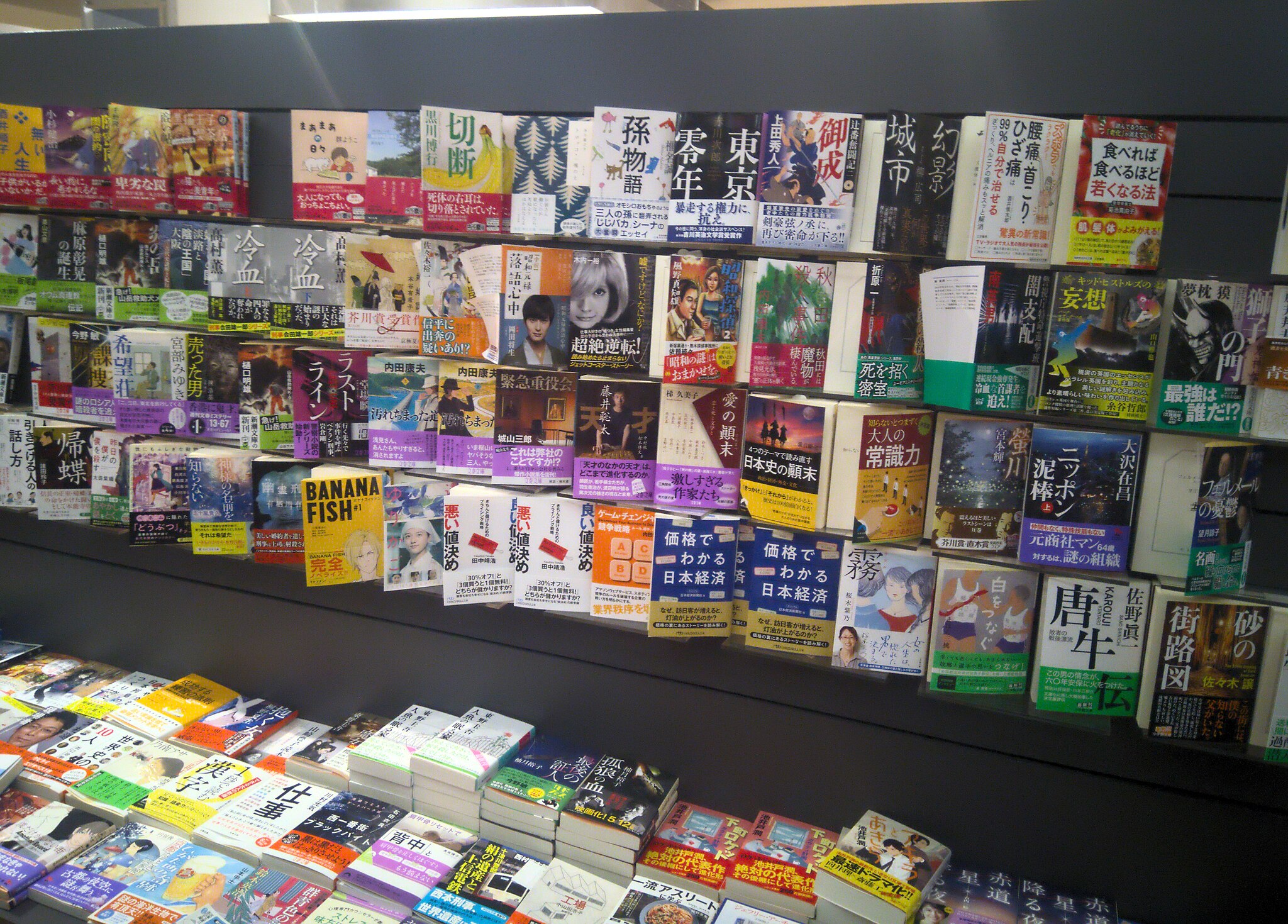Japan has a long and rich history of fiction literature that provides a gateway for people outside the country to understand its culture and lifestyle while enjoying a fascinating story. Over the past few decades, many Japanese literary works have been translated into English – with some even undergoing cinematic treatment and becoming movies, too. Here is a small selection of great Japanese novels for bookworms to dive into, along with their original Japanese language publishing dates.
Norwegian Wood by Haruki Murakami (1987)
One of the most internationally famous Japanese novels by arguably the country’s most well-known novelist. Norwegian Wood was Murakami’s breakthrough novel, dealing with universal themes such as nostalgia, love, loss, and grief. The male protagonist, Toru Watanabe, hears a version of the Beatles song “Norwegian Wood” and is transported back to his days as a student in 1960s Tokyo, and his involvement with two very different young women. The book was made into a romantic film in 2010, with music composed by Radiohead’s guitarist, Jonny Greenwood.
Convenience Store Woman by Sayaka Murata (2016)
This prizewinning novel tells the seemingly mundane tale of a young girl who takes a job at a local convenience store to “fit in”, staying there until her mid-thirties when she faces increasing pressure to get a husband or advance her career, which ultimately leads her to make some unconventional life choices. It’s written in a deadpan comedic style, saturated with daily Japanese cultural life and dealing with themes such as the pressure to conform – particularly for single women in Japan. Murata drew inspiration from her own part-time job at a convenience store and said she wanted to highlight the oddness in what is often viewed as normal.
The Memory Police by Yoko Ogawa (1994)
If dystopian fiction is your bag then The Memory Police is a good recommendation. This novel has been compared to classic works by George Orwell and Franz Kafka. It’s set on an unnamed island where various items – ranging from hats to flowers to birds – disappear not just from sight but from the memory of the inhabitants. But not everyone forgets, with those that can recall living in fear of the Memory Police. Themes of authoritarianism and state surveillance are told through the prism of fantasy and surrealism, as a young writer goes to lengths to protect her editor from the powers that be.
The Tale of Genji by Murasaki Shikibu (11th century)
Worth including for its historical importance in Japan, as well as the fact that many consider it to be the world’s first novel. It’s an 11th century epic set during the Heian era, written by a woman. The story spreads across approximately 1300 pages and centers around the life of Genji, the son of an emperor, telling of his political rise, romantic relationships, and aesthetic pursuits, as well as painting a picture of Japanese nobility at the time. Although not the most widely read Japanese literary export, the work holds similar historical cultural importance to Shakespeare in the UK or Homer in Greece.
The Lonely Castle in the Mirror by Mizuki Tsujimura (2017)
Published in 2017, this has become a modern Japanese bestseller that has been turned into an anime film. It’s a magical realist novel that deals with the Japanese phenomenon of futoko – essentially, the refusal of children to attend school. The novel focuses on seven such pupils who end up drawn into a fantasy castle entered through glowing mirrors in their bedrooms. Each day, they get to traverse the castle and search for a key to a hidden room where they are granted a wish. However, the must leave the premises by 5:00 p.m. each day or face punishment by the castle’s wolf-faced guardian.
© VulcanSphere / Wikimedia Commons
